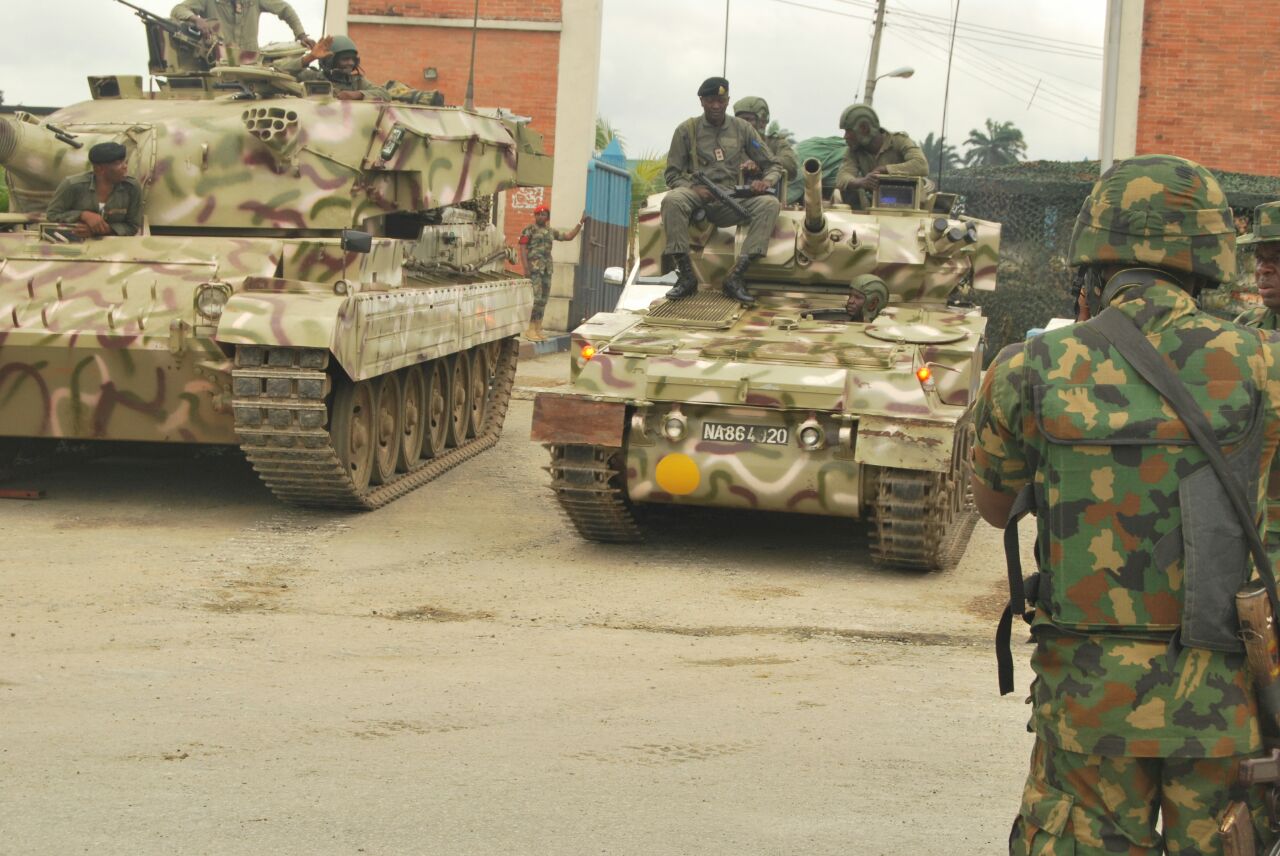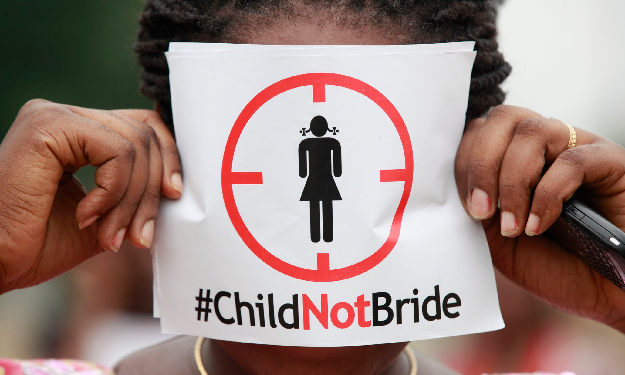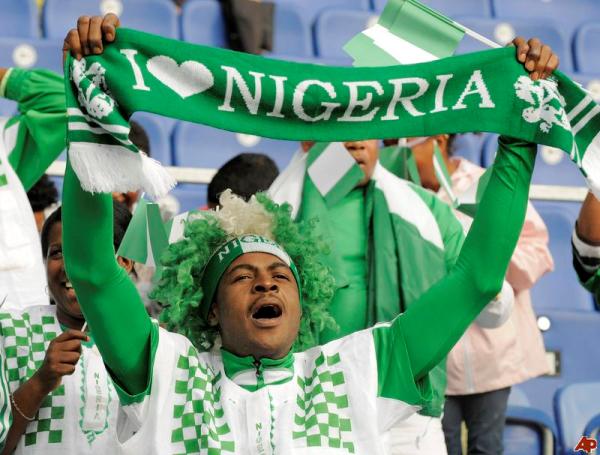BY ABIODUN ISRAEL
The pressure on sustaining media organizations has increased tremendously in recent years. Worldwide, the growth of new media and distressed national economies has all but rendered media outfits comatose, non-profitable, or simply closed operations once their owners finally accept the reality of how it has become impossible to survive.
Media organisations that had gone under in the past or that are currently distressed are consequently pressured into finding creative ways of staying relevant and afloat in the face of the challenges posed by the internet and economic hardship.
Some publications have lowered their standards to be able to report the kind of sensational or unverified stories that are the staples of some online media and blog posts. Others have resorted to publishing sponsored contents as exclusive stories.
Advertisement
Furthermore, reduction in staff strength means that distressed publication not only lose the capacity to do proper gatekeeping, it also means they are often forced to ‘copy paste’ PR materials without making efforts verify claims contained in them.
These changes, which present ethical challenges, might be understandable within the context of the survive or die phase in which media organizations currently find themselves but it is inexcusable to further lower the bar. It is the equivalent of falling from a high pedestal into a morass and continuing digging to arrive in the cesspit.
‘Nigeria Army: New Era of Impunity’, the November 7, 2016 cover story of a magazine adequately portrays this desperation that is plaguing many media outfits.
Advertisement
The magazine is apparently trying to return to the kind of relevance it enjoyed in the military era when Nigerians wait with bated breath to pick up its latest edition and read what was in those days thought to be exclusive accounts of military misrule.
It is therefore not surprising that this particular cover story, which actually read like an advertorial from dismissed military brasses, failed to adequately disguise it sponsored nature, a paid for piece that is mostly the rehash of the petitions for reinstatement from dismissed military officials. Its only saving grace would have been the portions that quoted the Army spokesperson’s statement about why the affected persons were sacked but even this was poorly quoted.
In the end, the publication only succeeded in outing itself as one of those media platforms deployed for the destabilization plot against Nigeria. With its background as one of those entities that sent the military back to the barracks, one would have expected the magazine to show more tact in the quest to earn some paltry naira for the purpose of staying afloat.
Its so called ‘cover story’ created the scare that the Army is becoming an institution in which anything goes under President Muhammadu Buhari. The article’s opening salvo was in fact to the effect that there are growing cases of extra-judicial killings committed by troops, which would have been a a great report that drew attention to the issue of human rights – especially the most critical one, the right to life. The publication however lost the plot when instead of recognizing the deceased in its opening paragraph as a human but opted to exploit his family’s grief by casting him as a victim of ethnically motivated troops.
Advertisement
This incitement to ethnic crisis was to be expounded throughout the entire story. In making a case for the sacked army officers, it only saw persons that were persecuted by the military service as opposed to men who violated their oaths of allegiance to engage in corruption, partisanship, and other acts that warranted disciplinary actions being taken against them. The only other instance cited in the story to conclude on a growing Army impunity, the recovery of military land in Maitama Extension, also has ethnic undertone.
Right thinking citizens must express outrage at the open promotion of divisive ethnic politics – in the military of all places. This publication did not only allege that there has been ethnic purging or cleansing in the army is has also recommended a roadmap for a purge in the future when the army leadership of presidency evolve to another ethnic group. It has basically endorsed corruption – in the military – so long as those engaging in the act can plead ethnic persecution.
The endorsement of corruption ran through most of the article, leaving one wondering what the once revered publication was up to. Is it suggesting that being of particular ethnic extraction should automatically shield certain persons from the consequences of stealing public funds? Are we supposed to now have two set of rules in fighting corruption: one for the ethnic region in power and the other for those out of power?
More worrisome is the decision to echo a not so brilliant claim that those who did not cooperate in rigging the ruling All Progressives Congress (APC) – then opposition party into power were the ones sacked. The folks must somehow still have some strand of investigative skills left to research what happened in the 2015 General Elections. Had the affected persons’ offence been a refusal to rig for the APC they would have been able to come forward with evidence of who contact who to give the instruction to rig. Had the sacked officers ensured neutrality in their conduct they would have proven to be non-partisan and consequently enjoy the backing of Nigerians. But they instead made themselves into partisan soldiers who rigged for the People’s Democratic Party (PDP). Had the PDP returned to power, would it have done an exclusive report about how these sacked officers were rewarded with double promotions?
Advertisement
It definitely would not have reported it. Same way it will not do the decent thing by apologizing to its readers for its cheap attempt at exonerating the immediate past administration for its historic failings. It instead made it look like the impunity it inferred was the creation of President Muhammadu Buhari. In other portions of the story the insinuation appeared to be that the blame was that of the Chief of Army Staff (COAS), Lt Gen Tukur Buratai only for it to finally accuse the Ministry of Defence in the closing paragraphs.
What tell sought to do in the referenced cover story was the height of unethical in journalism – desperate bloggers that have been paid to do hatchet jobs delivered more convincing fables
Advertisement
They need to be able to sit down and review their cover story for the purpose of apologizing to those they have maligned with its publication. This step would be a bitter pill to swallow but it will at least show that there may be some good left in the distressed magazine and that their recognition of fallen ethical and editorial standards will prompt a revamp that would prevent a repeat of this kind of shameful outing.
If this is not the case then the folks behind the magazine should accept that the publication is well past its sell by date and they should allow it peacefully transit into the category of blogsites deployed for blackmailing extorting politically exposed persons.
Advertisement
Abiodun, a public affairs analyst, is based in Ibadan, Oyo State.
Advertisement
Views expressed by contributors are strictly personal and not of TheCable.
Add a comment






